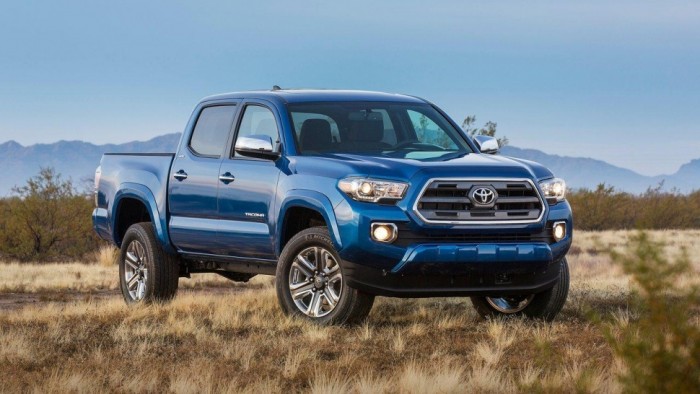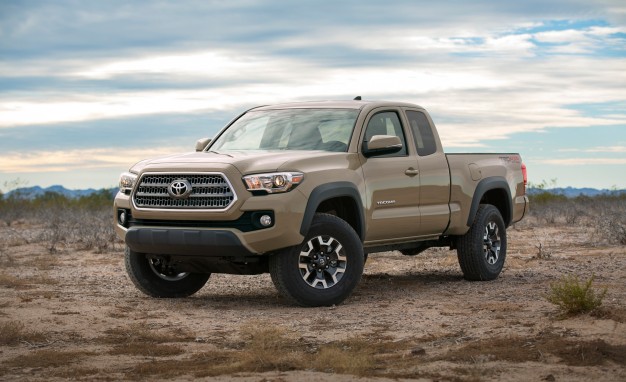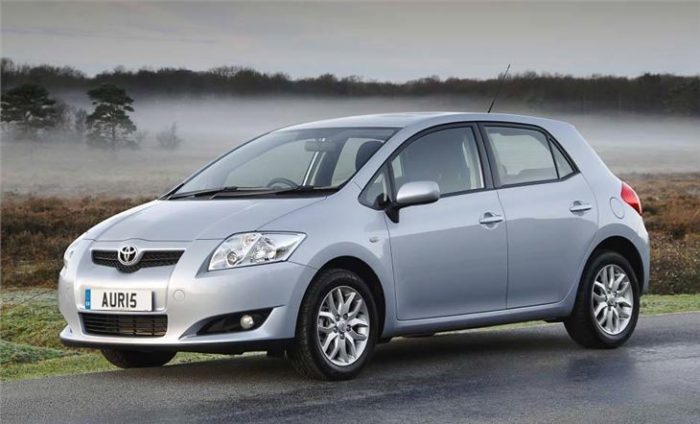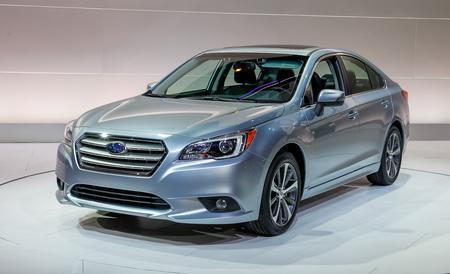Now Reading: Toyota Motor confirms it will downsize Mexico plant
-
01
Toyota Motor confirms it will downsize Mexico plant
Toyota Motor confirms it will downsize Mexico plant
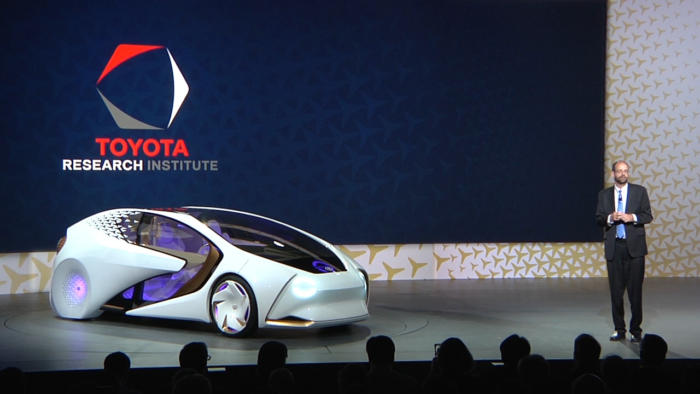
Toyota Motor on Tuesday stated it will downsize investment in a planned plant in Mexico by 30 percent to $700 million and slash scheduled yearly capacity in half to 100,000 vehicles as it mixes its production plans to fulfill market demands.
Toyota Executive Vice President Didier Leroy stated the decision was made to allow the automaker to produce more of its pick-up truck models, which are in strong demand in the its crucial North American market.
“Our biggest concern today in the way we produce vehicles in North America– we do not have enough trucks,” Leroy informed reporters at the Tokyo Motor Show.
“We now can have a hub between Texas, Baja, California, and the new plant in Mexico, and in the 3 different places we will produce the Tundra and the Tacoma, which is the best in terms of international supply for the North American market.”
He included that the modification in plans, under which the company at first meant to build a $1 billion dollar plant, did not change the automaker’s our long-lasting commitment to Mexico, saying that it could raise production capability in the future.
In August, Toyota and Mazda Motor stated they would jointly build a $1.6 billion U.S. assembly plant, with Toyota stating it would develop Corolla cars at the new venture instead in Guanajuato, and switch to building Tacoma pickups in Mexico.
Spokesman Scott Vazin stated the change was not an outcome of worries that the United States could withdraw from the North American Free Trade Agreement (NAFTA), but followed Toyota’s decision to go “back to the drawing board on justifying our production strategy for North America,” after the Mazda deal.
Stay Informed With the Latest & Most Important News
Previous Post
Next Post
-
 01Polestar Boss Says It’s Time To Outrun BMW M And Mercedes-AMG
01Polestar Boss Says It’s Time To Outrun BMW M And Mercedes-AMG -
 02Spy Shots: 2027 Mitsubishi Pajero Spotted in Testing Ahead of Possible U.S. Return
02Spy Shots: 2027 Mitsubishi Pajero Spotted in Testing Ahead of Possible U.S. Return -
 032026 Toyota Hilux EV: A Powerful Truck with Silent Torque
032026 Toyota Hilux EV: A Powerful Truck with Silent Torque -
![2027 Mercedes-Benz S-Class Debuts with V8 Engine [Photo Gallery]](https://speedlux.com/wp-content/uploads/2026/01/2027-Mercedes-Benz-S-Class-33-155x125.jpg) 042027 Mercedes-Benz S-Class Debuts with V8 Engine [Photo Gallery]
042027 Mercedes-Benz S-Class Debuts with V8 Engine [Photo Gallery] -
 052026 Corvette ZR1 Production Surges Past Expectations as Output Clears 1,000 Units
052026 Corvette ZR1 Production Surges Past Expectations as Output Clears 1,000 Units -
 06Spy Photos: VW ID. Polo GTI Goes Electric with 223 HP and 280 Miles of Range
06Spy Photos: VW ID. Polo GTI Goes Electric with 223 HP and 280 Miles of Range -
 07The Controversial Ford Voodoo V8 That Was Killed Off Too Early
07The Controversial Ford Voodoo V8 That Was Killed Off Too Early



![2027 Mercedes-Benz S-Class Debuts with V8 Engine [Photo Gallery]](https://speedlux.com/wp-content/uploads/2026/01/2027-Mercedes-Benz-S-Class-33-700x394.jpg)




































